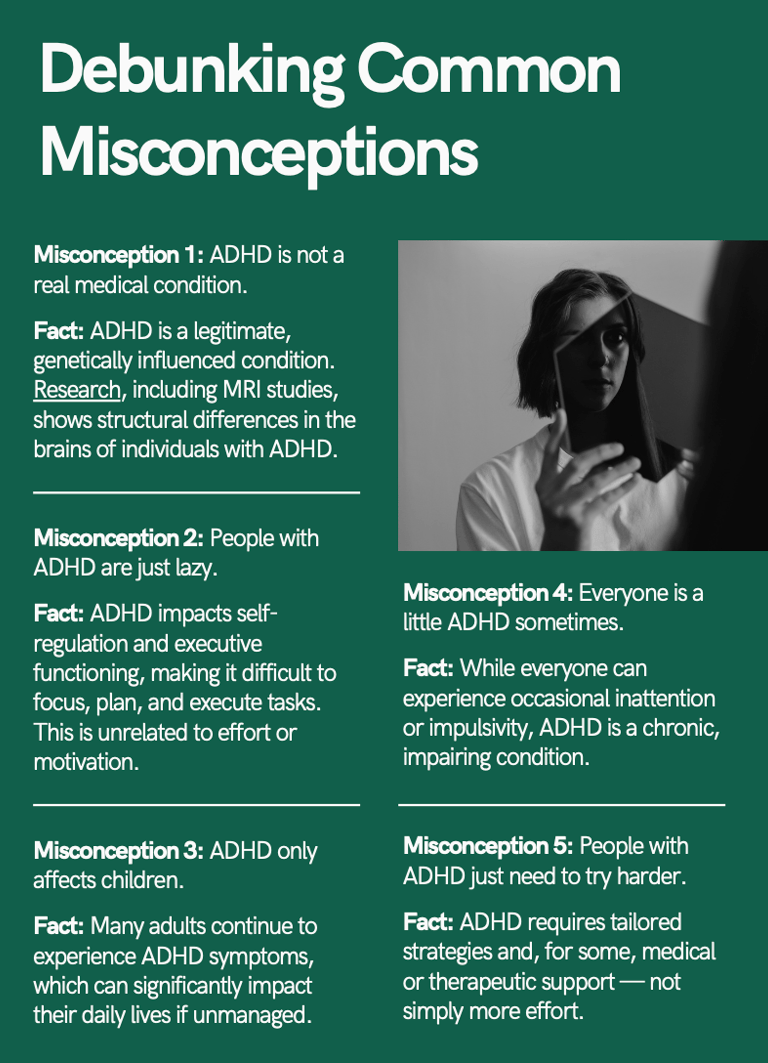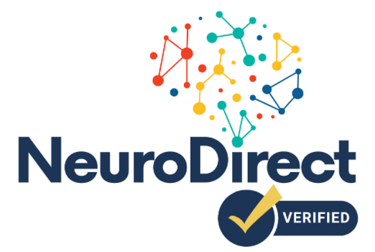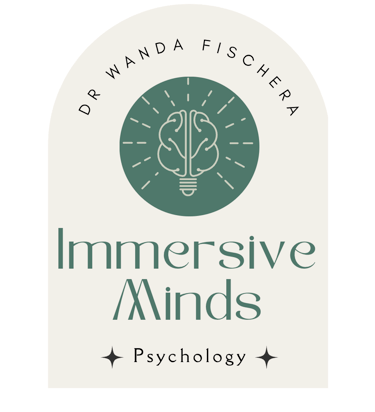Understanding ADHD Series 2: Debunking ADHD myths
Sure, here is a professional blog post based on the slide, written in British English: Debunking Common Misconceptions about ADHD Attention Deficit Hyperactivity Disorder (ADHD) is a neurodevelopmental condition that affects millions of people worldwide. 1 Despite its prevalence, ADHD is still widely misunderstood, leading to many misconceptions about the condition. In this blog post, we will debunk some of the most common myths about ADHD.
ADHDINFOGRAPHIC
1/1/20253 min read


Debunking Common Misconceptions about ADHD
Attention Deficit Hyperactivity Disorder (ADHD) is a neurodevelopmental condition that affects millions of people worldwide. 1 Despite its prevalence, ADHD is still widely misunderstood, leading to many misconceptions about the condition. In this blog post, we will debunk some of the most common myths about ADHD.
Myth 1: ADHD is not a real medical condition.
Fact: ADHD is a legitimate, neurodevelopmental condition that is supported by extensive research. MRI studies have shown that the brains of people with ADHD are structurally different from those of people without ADHD. n the UK, Attention Deficit Hyperactivity Disorder (ADHD) is classified as a disability under the Equality Act 2010. This means that individuals with ADHD are protected from discrimination in areas such as employment, education, and access to services. This legal recognition is crucial for ensuring that people with ADHD have equal opportunities and are treated fairly.
Myth 2: People with ADHD are just lazy.
Fact: This is a harmful and inaccurate stereotype. People with ADHD are not lazy. They have difficulty focusing, planning, and executing tasks due to challenges with self-regulation and executive functioning. This is not due to a lack of effort or motivation.
ADHD is a neurodevelopmental condition that affects a person's brain in ways that make it challenging to focus, control impulses, and manage their activity levels. This can lead to difficulties with executive functions, which are the mental skills that help us plan, organize, and carry out tasks effectively.
More blogs will delve deeper into the specific executive function difficulties experienced by individuals with ADHD, such as:
Working memory: Difficulty holding information in mind and using it to complete tasks.
Inhibition: Challenges in controlling impulses and resisting distractions.
Time management: Struggles with planning, prioritizing, and meeting deadlines.
Organization: Difficulty with keeping things organized and tidy.
Flexibility: Challenges in adapting to changes in plans or routines.
Myth 3: ADHD is primarily a childhood condition, mostly affecting boys.
Fact: While ADHD is often diagnosed in childhood, it can persist into adulthood. In fact, there is a growing recognition of ADHD in women, many of whom were undiagnosed during childhood. Many adults continue to experience ADHD symptoms, which can significantly impact their daily lives if left unmanaged. This late diagnosis is on the rise, highlighting the need for increased awareness and understanding of how ADHD presents differently in females.
Myth 4: Everyone is a little ADHD sometimes.
Fact: ADHD symptoms can present in various ways and can overlap with other conditions such as anxiety, depression, and low mood. This overlap can make diagnosis more challenging. Common ADHD symptoms include:
Inattention: Difficulty focusing, easily distracted, forgetful, disorganization.
Hyperactivity: Restlessness, fidgeting, difficulty sitting still.
Impulsivity: Acting without thinking, interrupting others, difficulty waiting for their turn.
It's important to remember that everyone experiences these symptoms to some degree, and it is completely normal. However, in individuals with ADHD, these symptoms are persistent, pervasive, and significantly impair daily functioning.
Myth 5: People with ADHD just need to try harder.
Fact: ADHD requires tailored strategies and, for some, medical or therapeutic support. Simply trying harder is not enough to overcome the challenges of ADHD.
If you are struggling with ADHD, please know that you are not alone. There are many effective treatments available to help you manage your symptoms and live a fulfilling life.
Would you like to learn more about ADHD? Schedule a free 15-minute introductory call with me to discuss your concerns and explore your options.
The resource was developed for a webinar on ADHD with Bossa Health.


Support
Dr Wanda Fischera is offering personalised online therapy for individuals and groups. Registered with HCPC.
Connect & receive updates on services and free resources
© 2024. All rights reserved. By Dr Wanda Fischera
I respect your privacy and I will not pass on your details to third parties.




